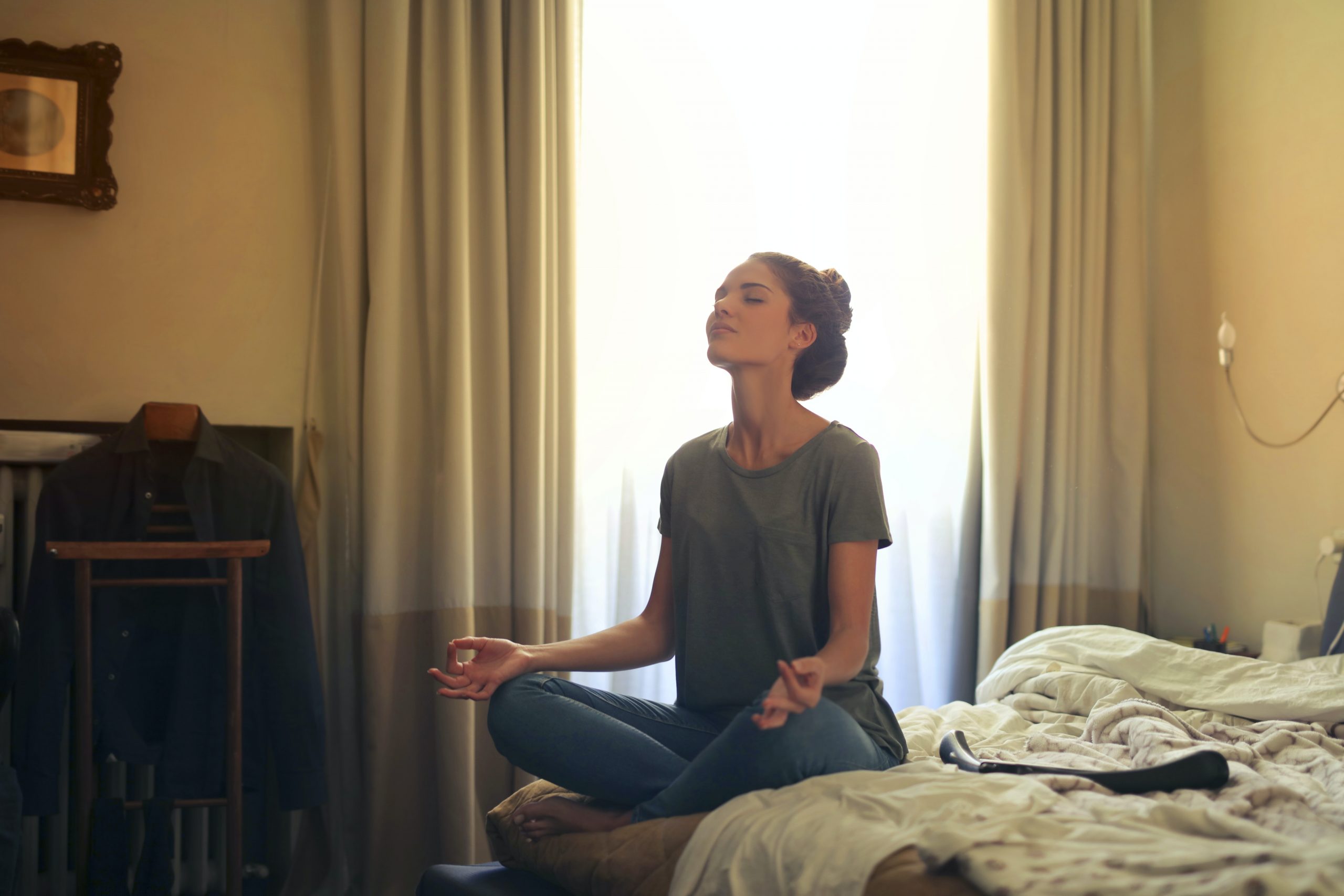HD PSYCHOLOGY

What do you find relaxing?
Is it dancing, art, meditation, fishing, going for a walk with friends, reading a book, listening to music, shopping, a gym work out, talking to a friend or playing sport? Think about things you can do that relax you and find ways to build them into your weekly routine. This is a way both to prevent stress and to deal with stress.
There are other ways to relax and unwind. How about a massage? You could give a friend a neck and shoulder massage or a hand massage and ask for one back. Perhaps a yoga or tai chi class is for you. Herbal teas like chamomile can help, so can aromatherapy oils like lavender oil or a warm bath.
Quick Relaxation
There are quick relaxation techniques that take just a few minutes. You can use these in many places for example taking a few minutes to relax in the middle of an exam if you find yourself getting stressed and not thinking clearly.
Deep breathing – breathe in through the nose and let the air fill the bottom of your lungs first, keep the air in for 3 seconds, breathe right down to your stomach, then breathe out slowly, concentrating on letting the muscles of your body relax.
Focus breathing – breathe in through the nose and as you breathe out say a positive statement to yourself like relax or calm down.
Stretching – stretch out muscles, reach the arms above the head and stretch or just stretch whatever part of the body you feel needs it.
Visualisation – this is where you picture a pleasant place and use slow breathing through the nose – you can make the place anywhere you want to and you can change anything in the picture to see, feel, sound or smell just as you wish.
Progressive Muscle Relaxation
This kind of relaxation takes a little longer.
· You start by sitting or lying down comfortably. A quiet place or relaxing music to listen to is nice.
Close your eyes.
Tighten then relax your muscles in order, for example start at the feet, work your way up through the legs, the middle, your chest and face muscles.
One at a time scrunch each set of muscles up tightly for about 30 seconds then let them go loose.
Feel which parts of your body are tight and need more work. This is also good to help you feel the difference between when you are relaxed and when you are tense. This raises your awareness of when you’re getting tense and stressed.
Guided meditation (24 minutes)
Mindfulness bell (5 minutes)
15 Minute Stress Break
Address List
-
Suite 305 Pacific Centre
368 Sussex Street Sydney NSW 2000
corner of Liverpool Street - 1800 977 866
- admin@hdpsychology.com.au
Links List
HD Psychology
Treating With Care.